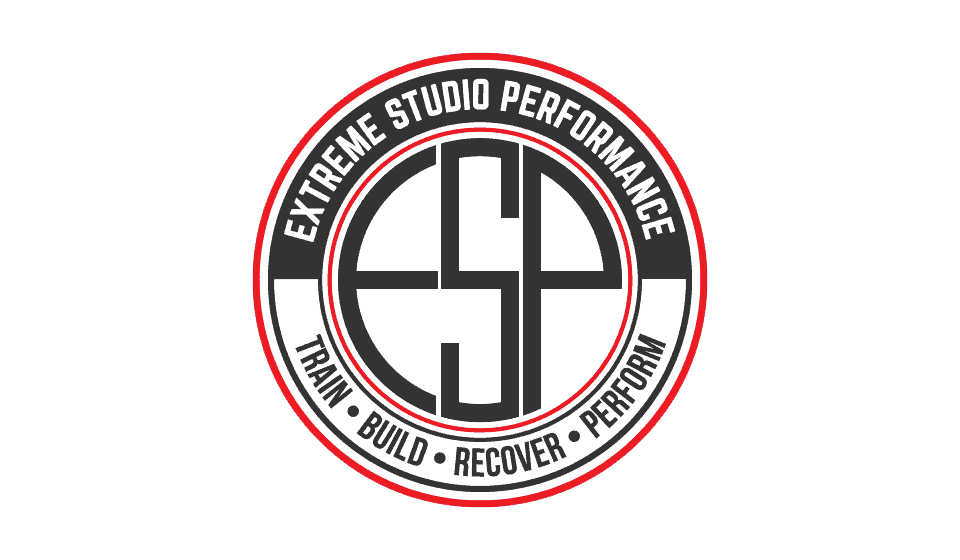
Sometimes if you want to get all the benefits of one supplement, you need to take it with another supplement. That’s the case with Vitamin D and Vitamin K. Vitamin D is super healthy for you, but you need Vitamin K for it to work the way it’s supposed to.
 How It Works
How It Works
Vitamin D3 (also called calciferol) and vitamin K2 (also called menaquinone) are both fat-soluble vitamins that play a key role in calcium absorption. Vitamin D3 increases calcium absorption into the blood, then Vitamin K2 moves that calcium into bones and teeth.
There are some health benefits to taking D3 or K2 on their own, but you get more benefits when they’re together. Taken together, they work synergistically to support skeletal integrity and cardiovascular health.
Benefits of D and K
Solid research backs up the benefits of Vitamins D and K on bone health. Most of these studies focus on postmenopausal women and increasing bone density to help prevent and treat osteoporosis. There are also some studies showing benefits for cardiovascular health. Based on the medical research, we can say with a high level of certainty that taking Vitamin D3 and Vitamin K2 together will support bone health and can also have a positive effect on heart health (“The Synergistic Interplay between Vitamins D and K for Bone and Cardiovascular Health: A Narrative Review,” Ballegooijen et al., 2017).
Supplements and Food
D3 and K2 are present in some foods, but not very many. It’s easy for people to miss getting enough of these vitamins from their food, and that’s why supplements are important.
The best food sources of Vitamin D3 are fatty fish like salmon, trout, and tuna. Mushrooms are the best non-animal source, but the D levels are pretty low. Our bodies also naturally produce some D3 in response to sunlight if you’re outside (sunlight through a window doesn’t work).
The best food sources for Vitamin K2 are leafy green vegetables like collards, spinach, and turnip greens. Fermented dairy foods like cheese also contain some K2.
D and K Supplements
You can get Vitamins D3 and K2 as individual supplements, as part of a multivitamin, or in supplements formulated with D3 and K2 together. Because both are fat-soluble, you can improve absorption by taking the supplement with a snack or meal that contains healthy fats.
Pairing Vitamin D3 and Vitamin K2 is a great way to maximize the supplements’ benefits to improve bone density and heart health. Always check with your doctor, though, if you take medication to make sure that there aren’t any negative interactions between your medication and new supplements. Also, follow dosage instructions carefully to make sure you don’t take too much Vitamin D (there are no known side effects to taking too much Vitamin K). And if you’d like to map out a complete, individualized plan for nutrition and supplements, sign up for nutrition coaching here at Extreme Studio Performance.
